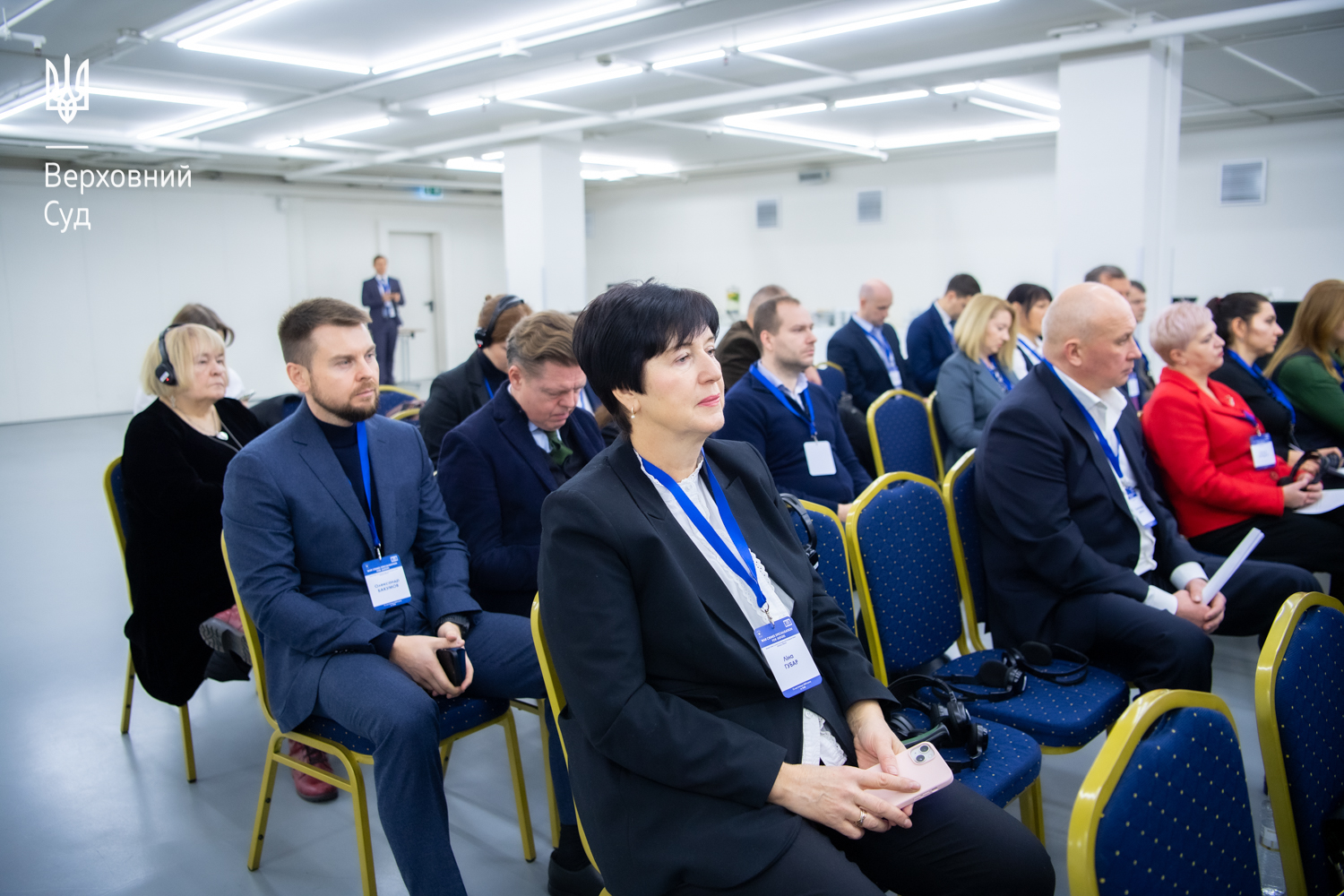Contact center of the Ukrainian Judiciary 044 207-35-46
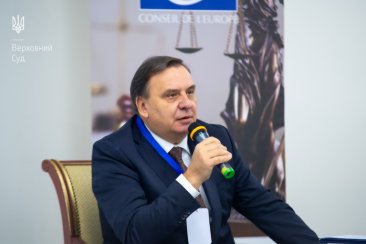
With the outbreak of a full-scale war, when criminal proceedings for war crimes began to be submitted to the courts on a massive scale, it became obvious that national courts could not do without a detailed analysis of international law when considering this category of cases. That is why judges are regularly trained and study international experience. At the same time, the issue of considering war-related cases is not new to Ukrainian courts, as case law on certain issues has been developing since 2014.
At the same time, the issue of introducing the specialisation of judges in criminal proceedings for war crimes and other international crimes is being actively discussed.
Undoubtedly, the specialisation of judges will help ensure the highest possible quality of case consideration and court decisions based on the results of such consideration. However, the issue of introducing specialisation should be approached comprehensively and consistently, and a number of factors should be taken into account, primarily the availability of human resources.
This was pointed out by President of the Supreme Court Stanislav Kravchenko during a roundtable discussion on the specialisation of judges in Ukraine in cases of war crimes and other international crimes.
Thus, the President of the Supreme Court noted that currently half of the judges' positions are vacant and since it will obviously take a long time to staff the courts, we can now talk about the introduction of specialisation in the future, but unfortunately not in the near future.
In this context, Stanislav Kravchenko noted that simplification of the judicial selection procedures and creation of a new network of courts through their consolidation could have a significant impact on the staffing of the judicial system.
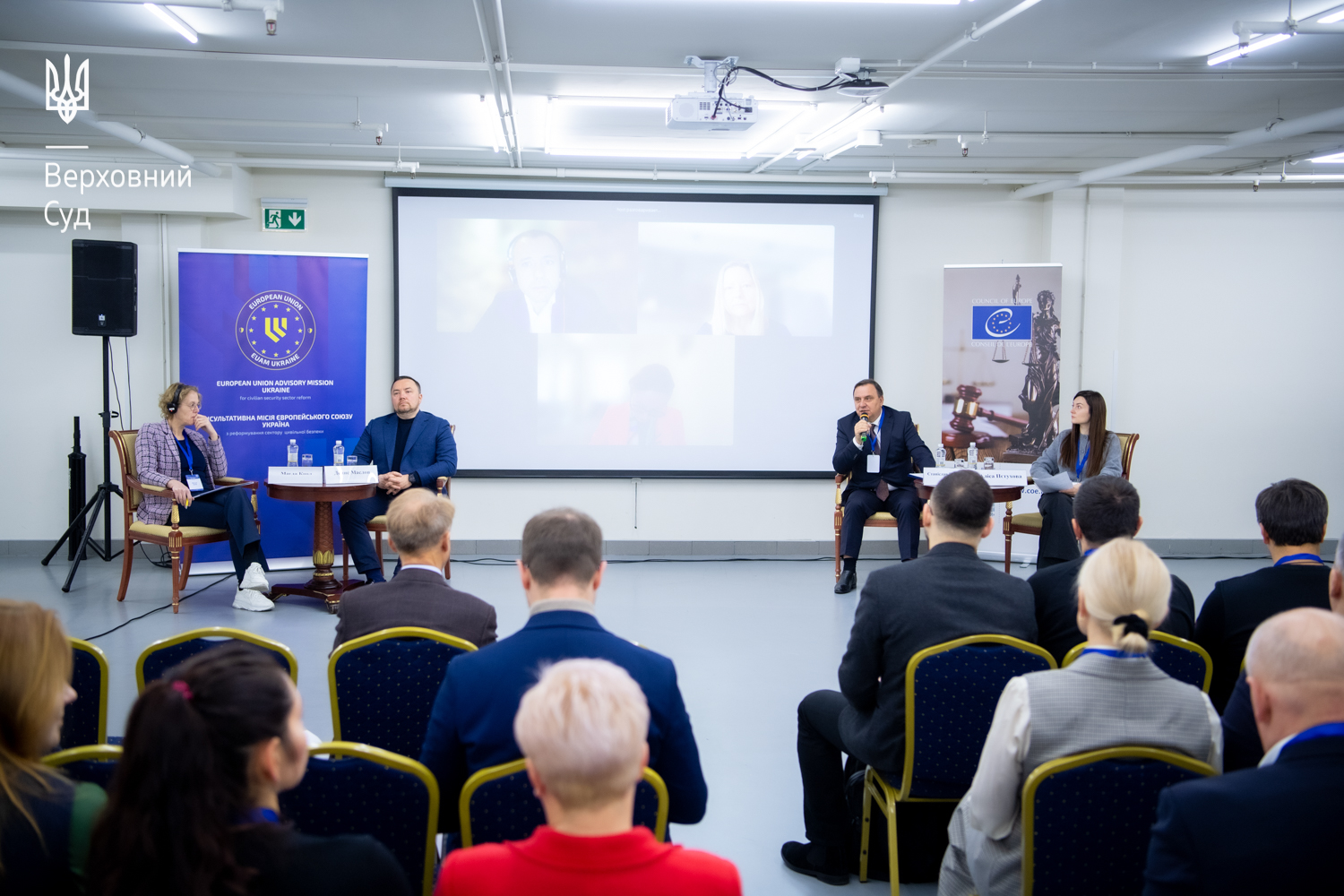
In addition, should the need arise and there be sufficient human resources available, a meeting of judges may decide to introduce specialisation among judges to hear certain categories of cases, as permitted by current legislation.
Moderating one of the roundtable sessions, Supreme Court Judge of the Criminal Cassation Court Nataliia Marchuk noted that criminal proceedings on war crimes are not considered in every court, so there is no need to introduce specialisation in all courts.
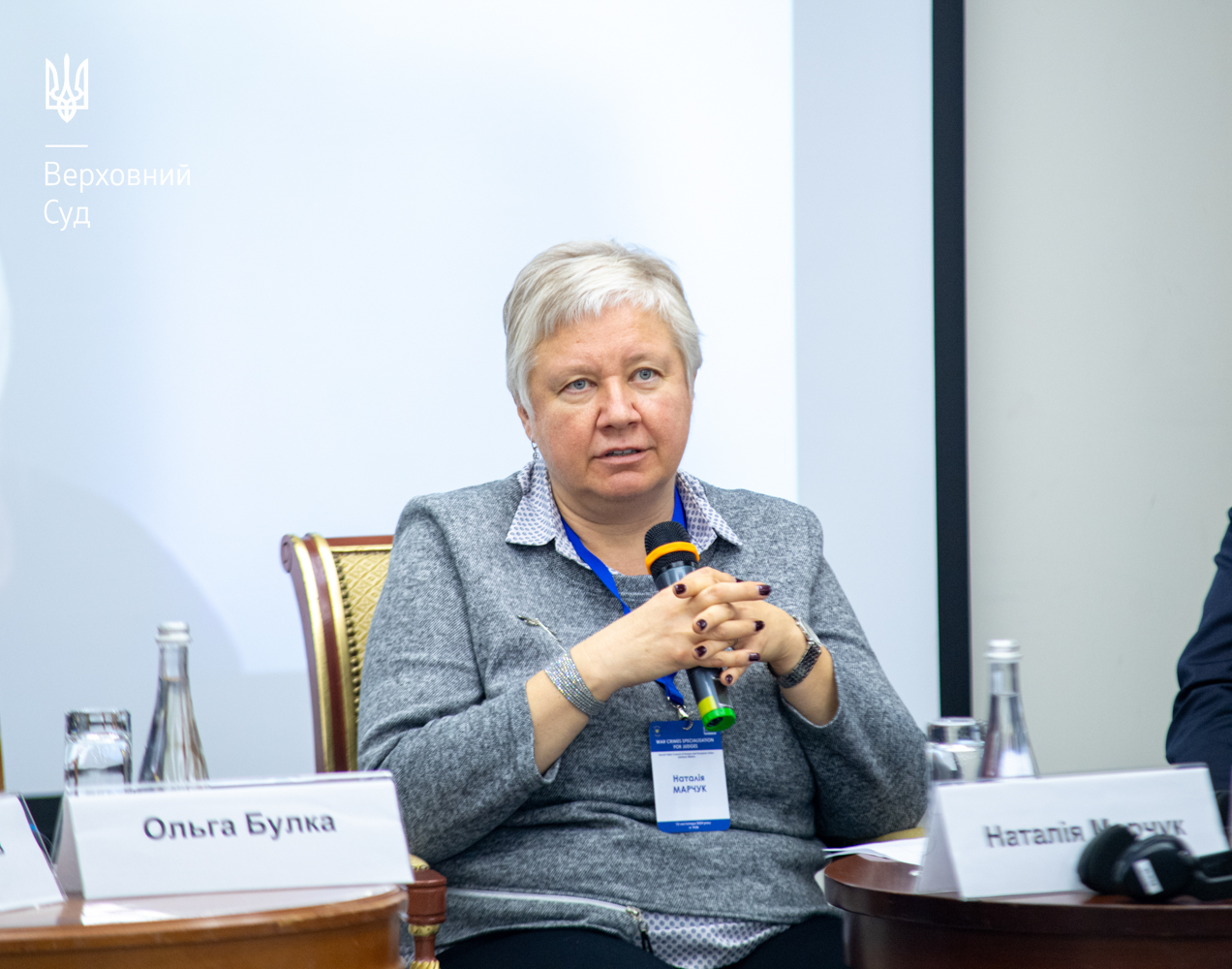
Nataliia Marchuk also emphasised the continuous training of judges, which ensures that they have a broad specialisation and are able to deal with criminal proceedings for war crimes and military crimes as well as other categories of cases. An analysis of the case law shows that the quality of judicial decisions in war crimes cases has significantly increased compared to 2022, in particular due to the continuous improvement of judges' expertise.
During the panel discussion, Viktor Ostapuk, Supreme Court Judge of the Criminal Cassation Court, noted that in a general sense, specialisation is necessary. However, the legislator must take into account the requirements for judges who will deal with war crimes and military crimes, for example in terms of length of service.
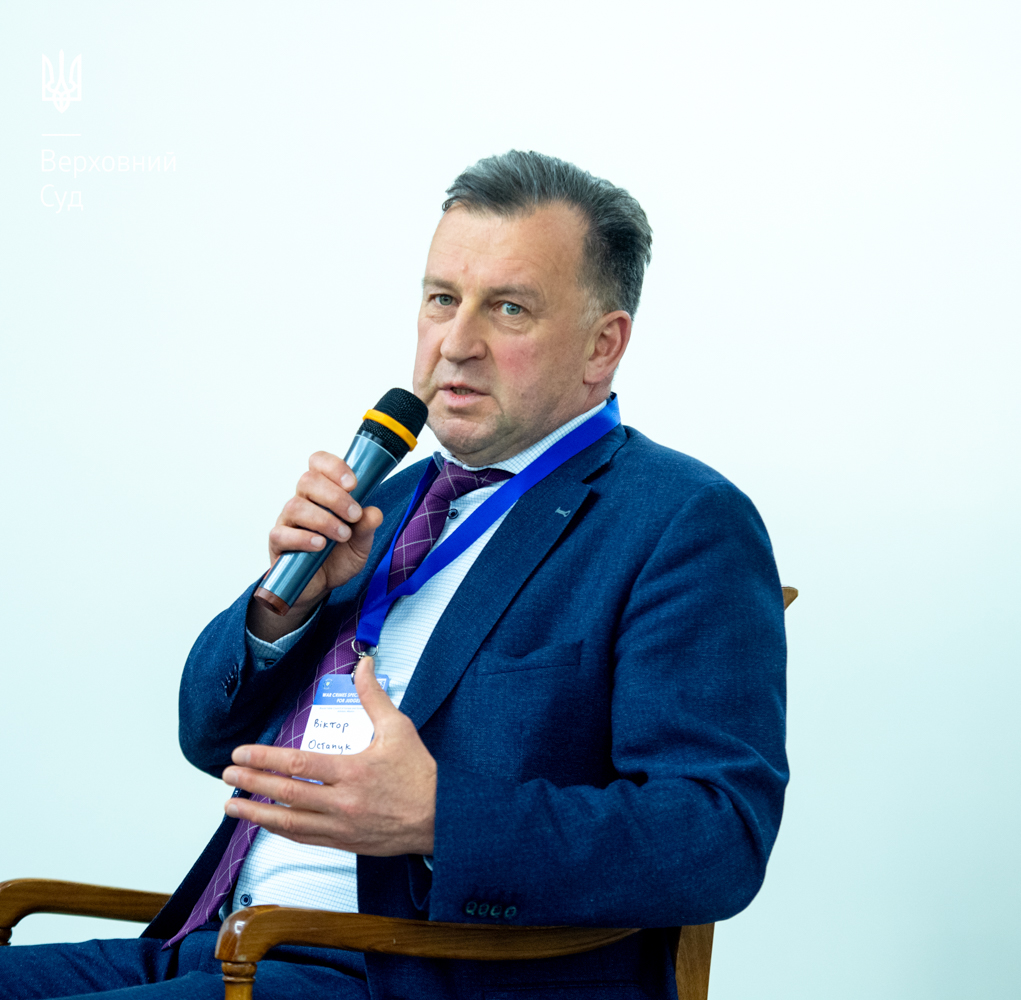
‘When a court is small and there are a lot of criminal proceedings, no amount of specialisation will save it, and this must be understood. I agree that specialisation is necessary, there is a need to bring this issue to a meeting of judges, but it should not be a prerequisite. Everything should be done for the sake of efficiency and effectiveness of work,’ said the speaker.
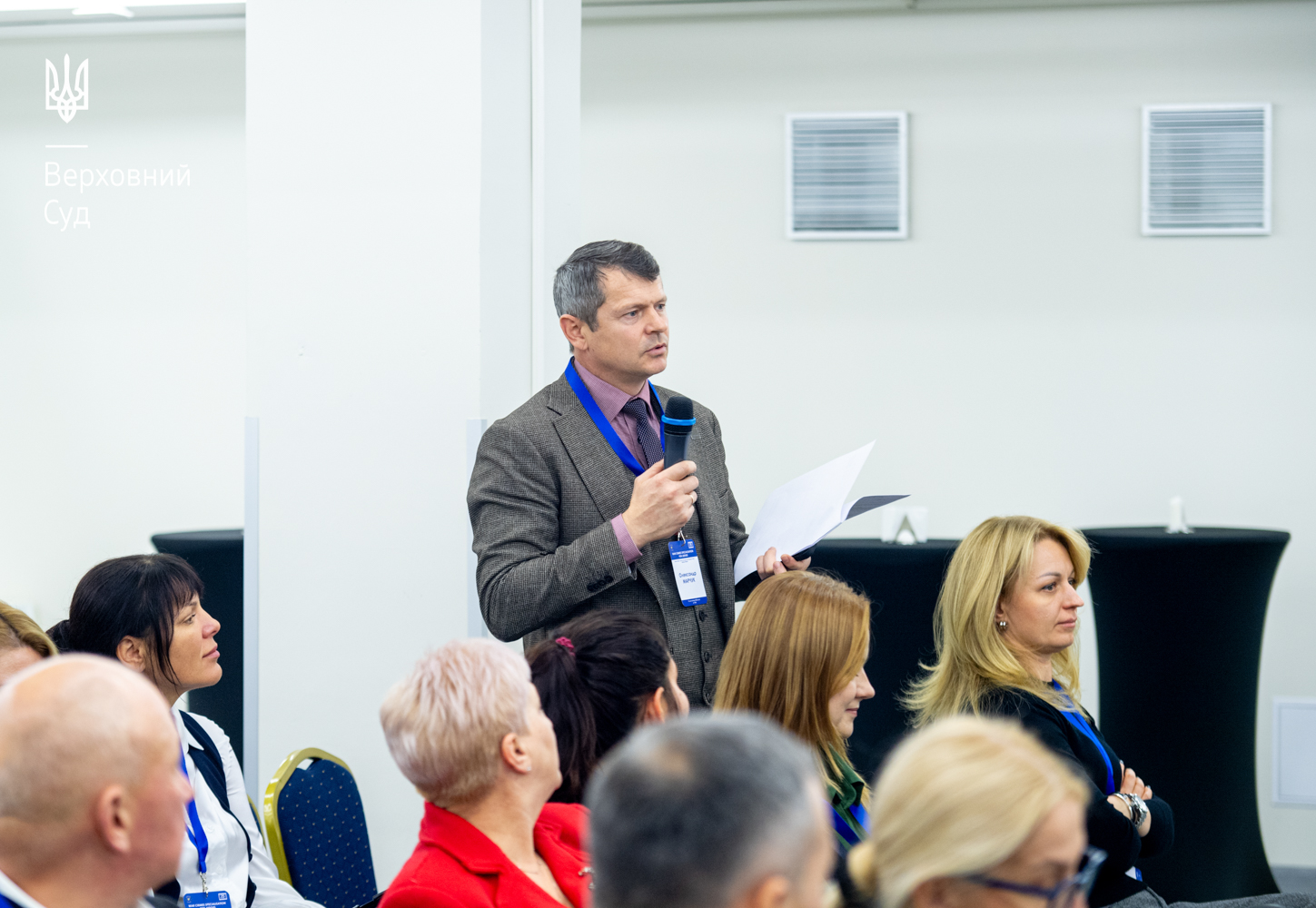
The event was also attended by Oleksandr Marchuk, President of the Criminal Cassation Court within the Supreme Court, and Lina Hubar, Head of the Division for International Cooperation of the Supreme Court.
The roundtable was organised by the Council of Europe project ‘Fostering human rights in the criminal justice system in Ukraine’ and the European Union Advisory Mission (EUAM) Ukraine in partnership with the Supreme Court.
